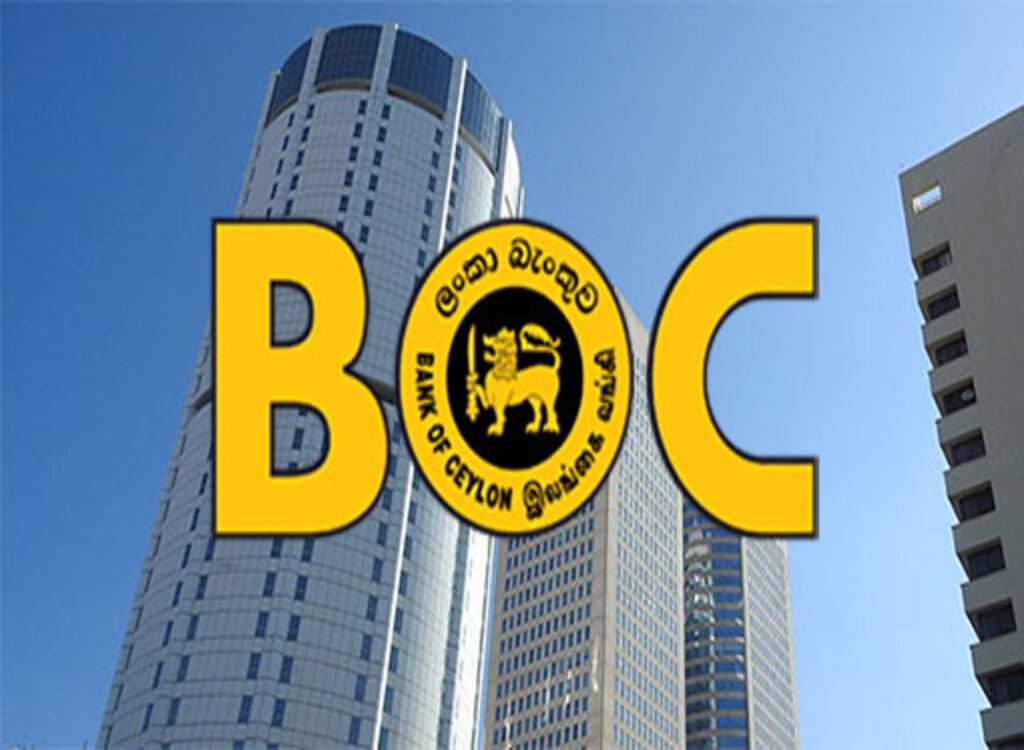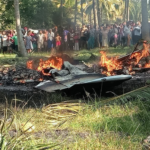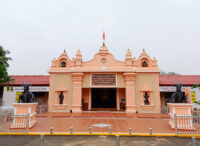President Anura Kumara Dissanayake has directed an immediate investigation into alleged malpractices involving senior management at the Bank of Ceylon (BoC) in response to mounting complaints.
Sources from the Presidential Secretariat confirm that the President has tasked BoC Chairman Kavinda de Zoysa with overseeing the investigation, focusing on actions taken by high-ranking officials that are believed to have harmed the bank’s customers and reputation.
The investigation will particularly scrutinize the actions of Russell Fonseka, the current General Manager/CEO of BoC, who is due to retire soon. Fonseka has faced allegations of appointing several loyalists to key positions within the bank in what bank trade unions have described as improper and potentially damaging practices.
TUs point out that these appointments have undermined the efficiency and effectiveness of BoC, severely affecting corporate clients and tarnishing the bank’s long-standing reputation for trust and reliability.
Since taking office in January 2023, Fonseka has been accused of elevating junior officials to senior positions, sidelining experienced officials. TUs say that many senior officers were removed from their roles after only a few months, and their positions were given to those with close ties to Fonseka, regardless of their qualifications. As a result, the bank has reportedly lost talented senior staff who could have contributed to its growth and stability.
BoC trade unions have also voiced strong objections, especially regarding the appointment of a low-ranking officer as the Deputy General Manager of the bank’s critical Corporate Branch. This officer’s appointment is allegedly due to his personal relationship with Fonseka, rather than being an appointment based on merit. His decisions, described as immature and unprofessional, have led to several businesses withdrawing their accounts from BoC, further compounding the bank’s financial troubles.
Moreover, it is reported that certain officers have engaged in fraudulent activities aimed at redirecting new entrepreneurs to larger, established businesses, instead of offering the necessary support to these emerging ventures. Some business owners have also accused BoC officers of accepting bribes, especially within the corporate branch.
The Corporate Branch, which handles high-value transactions and oversees billions of rupees in loans, has become a focal point of the controversy. In the past, individuals appointed to manage this unit were expected to have extensive experience, particularly within the corporate branch itself, and a proven track record of excellence. However, under Fonseka’s leadership, allegations suggest that less qualified individuals have been placed in charge, raising concerns over the bank’s ability to handle such critical responsibilities.
The current Deputy General Manager, despite lacking the qualifications and experience required for the role, is considered the most likely candidate to succeed Fonseka as the General Manager once he retires. This has raised alarm bells among staff and trade unions, who warn that his appointment could spell disaster for the bank, given his questionable track record.
The Bank of Ceylon has long been a cornerstone of Sri Lanka’s banking sector, historically known as “Bankers to the Nation.” However, the recent allegations of malpractice and management missteps have caused significant damage to the bank’s standing. The bank, which once handled over 30% of the country’s business community, now risks losing both its financial footing and the trust of its customers.
Industry observers have warned that the bank’s corporate branch is particularly vulnerable, with billions of rupees in loans potentially at risk. The bank’s failure to address these issues could have wider implications for Sri Lanka’s economy, especially in terms of its ability to support small businesses and emerging entrepreneurs.
In light of the seriousness of the situation, President Dissanayake’s decision to launch an investigation comes amid growing concerns about the broader implications for state-owned institutions. In a recent address in Parliament, the President emphasized the critical role of state banks in driving the country’s economic growth and supporting local businesses.
For the country’s development agenda to succeed, the President stressed the importance of revitalizing state banks like BoC to improve efficiency and service delivery. However, this will require a significant overhaul of management practices, with an emphasis on appointing qualified professionals to leadership roles. Only then, the President argued, can these institutions live up to their potential and make a meaningful contribution to Sri Lanka’s economic progress.
Related News:











Leave a comment